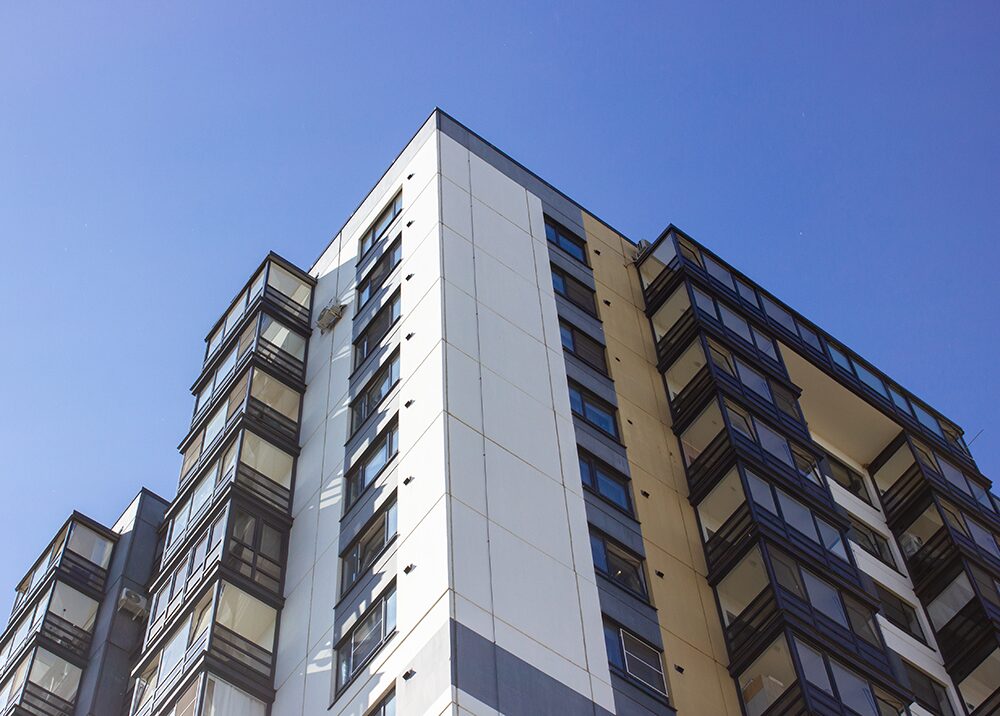Insights from the National Assembly report on the Affordable Housing Bill, 2023.

The Parliamentary Budget Office (PBO) in January 2024 published a financial and economic analysis of the Affordable Housing Bill, 2023 (the Bill). The PBO in its analysis raised several issues and concerns on the potential implementation of the Bill in the event it was assented into law. Some of the concerns raised are as outlined below.
The PBO raised issues on lack of alignment with the Public Finance Management Act, 2012. With respect to accruals to the Fund, Section 24 (6) of the PFM Act, 2012 stipulates that the administrator of a national public fund shall ensure that the accruals to a national public fund are retained in the Fund unless the Cabinet Secretary directs otherwise.
The PBO highlighted the need for clarity on how the funds will be utilised under the Kenya Slum Upgrading, Low-Cost Housing and Infrastructure Fund (KENSUF) noting that county governments also participate in the KENSUF programmes with slum-upgrading projects currently being undertaken in 33 counties.
In addition, there was need for clarity on the definition of Institutional Housing Programmes and Projects which raises assumptions that that the Institutional Housing Programmes and Projects are like the Employer-Employee facilitated mortgage schemes under the State Department for Housing and Urban Development. Whereas, several other public servants mortgage schemes in both national and county governments are under the management of their respective institutions.
The PBO also raised issues with equity in benefit sharing between low- and middle-income earners where different agencies had different allocations from the Fund. For instance, 30% of the Fund has been allocated to Social Housing projects which mainly target persons with a monthly income of below Kshs. 20,000 and another 30% had been allocated to Affordable Housing projects which mainly target persons with a monthly income of between Kshs. 20,000 and Kshs. 149,000.
Whereas, the Report of the two Committees sitting jointly (the Committee) does not provide for the schedule of committee amendments, the report provides for proposals to amend some provisions. The report recognizes the need to delete the proposal in the Bill which provides for percentage allocation to agencies. The report proposes allocation of resources be at the discretion of the Affordable Housing Board (the Board) on a demand basis which will also ensure equity in benefit sharing.
In addition, the Committee noted that there was a need to define the term institutional housing to provide for clarity and ensure prudent use of resources. Further, the Committee noting on the lacuna raised by inclusion of the Council of Governors in the composition of the Board and the intricacies of the Fourth Schedule of the Constitution, agreed to inclusion of a mechanism for engagement between county governments and the national government in the implementation of the affordable housing projects.
The Committee report was silent on the issue of accruals being retained in the Fund. The Committee Report was tabled this week and the Affordable Housing Bill, 2023 went through second reading on 15th February 2024. In the coming days, it is expected that most MPs, including the two committees sitting jointly will propose a raft of committee stage amendments to the provisions of the Bill

